What is the role of the corporate broker? Evan Mohnani, Head of Corporate Broking, and Josef Cutajar, Financial Analyst, at MZ Investments, outline the various elements and their responsibility to the local capital markets.
Some five years ago, Martin Zahra, CEO of MZ Investments, partnered with Evan Mohnani – a well-established and trusted figure in wealth management and corporate advisory – to set up a corporate broking services arm as part of MZ Investments’ growth and diversification strategy. The team was strengthened in 2023 with the addition of Josef Cutajar – a seasoned financial and investments analyst with a strong background in banking.
During this period, MZ Investments sponsored and, or acted as placement agent for over €500 million in local listed and unlisted securities. “This is no small feat in view of the tough environment and intense competition,” Mr Cutajar affirmed. He added that today, the corporate client base of MZ Investments represents a sizeable market share of issuers listed on the Regulated Main Market (Official List) of the Malta Stock Exchange.
Corporate broking, Mr Mohnani explained, enables companies to tap the local capital markets, raising funds from the general public and institutions to finance specific projects and, or other funding requirements.
The assistance provided by the corporate broking team starts long before the issue of any debt securities or equity. “More often than not, these entities are family businesses and therefore there would need to be the transition to a more formalised structure that is compliant with the Capital Markets Rules,” Mr Mohnani observed.
“We set them on a path to become public listed companies. They will need to beef up their governance, including the appointment of independent, non-executive persons to the board of directors. An adequate senior management structure is also critical.”
“We also assess the operating performance and financial position of the corporate entities, to ensure that they are of good repute and their offerings are appropriate,” Mr Mohnani added. “That is where we do a detailed due diligence exercise as the reputation of the capital markets is of paramount importance.”
Mr Cutajar explained that corporate broking goes beyond raising capital as it also involves conducting research on the market, providing treasury management services, assisting in
corporate governance and compliance matters, offer insights about investor relations, and facilitating the process of negotiation and the execution of deals and business transactions.
Continuity is an essential element. “We do not just ‘use’ the market and leave,” Mr Cutajar said. “We advise our corporate clients on how to reach and maintain an appropriate standard for a responsible listing because, at the end of the day, people who worked hard for their money are investing and trusting their savings with these companies.”
The core team involved in bringing a bond or share issue to the market would typically be made up of MZ Investments as sponsor, together with a legal counsel, manager, registrar, and financial adviser. A security trustee may also be involved if the bond offering would be secured.
“Apart from the elements related to the structure of the board of directors, the purpose of any fund raising, and the financial information with the historical track record, the prospectus is also a medium through which the issuing company ‘tells its story’ by giving an overview of its business, the strategy, and any material developments that are expected to take shape in the foreseeable future”, Mr Mohnani explained.
The prospectus must comply with the EU Prospectus Regulation. An application for admissibility to listing is made to the MFSA and a separate application is also made to the Malta Stock Exchange for the securities to be listed and traded on the Official List.
Mr Mohnani explained that once the listing process is completed, most issuers would be required to publish a financial analysis summary report on a yearly basis, normally prepared by the sponsor, providing an update of the latest business and company developments apart from revised financial forecasts and targets.
Looking ahead, Mr Cutajar noted that one of the challenges is to evaluate how the local capital markets can be a tool to introduce further innovation in the country. “We are talking about green investments and green buildings, for instance. We had our first green bond in 2023, but we need to see more of these. On a separate note, the REITs (Real Estate Investment Trusts) framework has not yet achieved the hoped-for response, and this has been a missed opportunity given the close connection between local investors and the real estate market.”
While the main role of capital markets is to facilitate the raising of funds and the efficient allocation of capital, he said that capital markets also ought to be seen as an economic tool for the country to implement some necessary changes and pursue the next modernisation cycle.
The potential for further growth of our capital markets is ample given the very high level of liquidity across the local banking system and the strong investor demand for fixed income securities. In this context, corporate entities must not shy away from considering the local capital markets for their funding and expansion plans, as experience has shown time and time again that the advantages of listing are indeed noteworthy.

